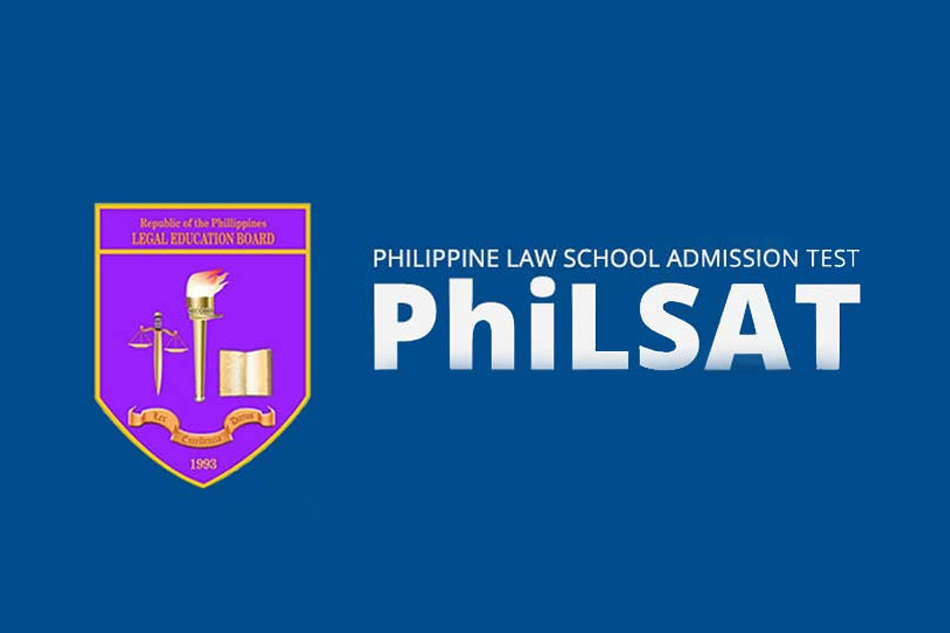Unconstitutionality of the PhiLSAT
 A petition has been filed in the Supreme Court to question the legality of the Philippine Law School Admission Test (PhiLSAT). The main issue is whether the admission test violates separation of powers.
A petition has been filed in the Supreme Court to question the legality of the Philippine Law School Admission Test (PhiLSAT). The main issue is whether the admission test violates separation of powers.Separation of powers dictates that government branches not interfere with the other or others in their discharge of their functions. Whether or not the regulation of law schools is within the sole power and prerogative of the Supreme Court is an issue yet to be passed upon.
Another issue is academic freedom. The 1987 Philippine Constitution states that, "Academic Freedom shall be enjoyed in all institutions of higher learning."
The institutional academic freedom includes the right of the school or college to decide and adopt its aims and objectives, and to determine how these objections can best be attained, free from outside coercion or interference, save possibly when the overriding public welfare calls for some restraint. The essential freedoms subsumed in the term "academic freedom" encompass the freedom of the school or college to determine for itself: (1) who may teach; (2) who may be taught; (3) how lessons shall be taught; and (4) who may be admitted to study. (G.R. No. 183572)
Associate Justice Marvic Leonen asked Solicitor General Calida: “What is the state’s interest in interfering with law schools’ decision on who they want to take?”
Calida explained that the basis for PhiLSAT is to improve the quality of the bar and bench as stated in Section 2 of RA 7662.
“The State shall undertake appropriate reforms in the legal education system, require proper selection of law students, maintain quality among law schools, and require legal apprenticeship and continuing legal education,” Calida said quoting Section 2 of the law.
Leonen noted that based on Calida's response the state-administered law admission exam “may become unconstitutional“ as it interferes with a function tasked to the SC — to improve the quality of the bar and the bench.
The justice furthered: “Congress cannot tell the SC how it is going to admit people to the Bar.”
He ordered Calida to expound on his justification in their memoranda.
Leonen, during his interpellation of the petitioners earlier on Tuesday, also zeroed in how the centralized law admissions exam may infringe on academic freedom.
PHOTO: https://sa.kapamilya.com/absnews/abscbnnews/media/2018/news/04/30/043018_philsat.jpg
SOURCE: Kristine Joy Patag (Philstar.com). March 6, 2019 - 4:44pm. Justices ask: Does PhiLSAT exclude those who want to pursue knowledge? www.philstar.com/headlines/2019/03/06/1899178/justices-ask-does-philsat-exclude-those-who-want-pursue-knowledge.



